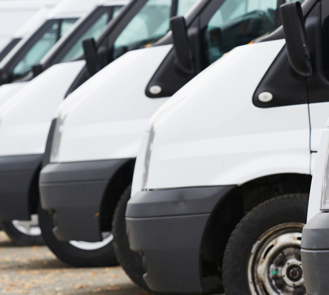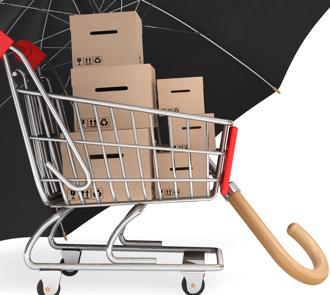Hardware stores carry and sell many tools and materials used for making repairs on your home. Items in stock range from electrical and plumbing supplies to small hardware items like nails and screws. A wide range of tools for contracting work, home repairs and installation, plumbing, grilling, gardening, landscaping, and similar areas of work are also sold at hardware stores. Due to the type of items sold in hardware stores, common risks include bodily injury or damage done by the merchandise to either the customer or employees. Other probable risks include crimes like shoplifting or theft as well as products liability if a product sold causes damage or doesn’t work properly. Protect your business assets from these and other similar risks with hardware store insurance.
Types of Hardware Store Insurance
A number of hardware store insurance policies exist with the most important ones listed below.
Hardware Store General Liability Insurance
In your hardware store, you are at risk of liability lawsuits from bodily injury and damage done to a customer’s personal property. A customer can hurt themselves on a dangerous piece of equipment such as a hand saw or trip over a spilled bottle of chemicals in the plumbing section. These would be covered by the premises liability portion of the general liability policy. The insurance policy also covers completed operations if you provide any services and they cause loss or damage for the customer, as well as products liability if products you sell in turn cause damage or personal injury.
Hardware Store Property Insurance
Your hardware store is also at risk for damages to your property and contents from unexpected events like natural disasters, extreme weather, or fire. These events can’t usually be prevented, but with property insurance, you have protection and help with making necessary repairs or replacing destroyed merchandise. Some of the products you sell, such as hazardous or flammable chemicals, raise the risk of fire in your store therefore making property insurance essential.
Hardware Store Business Owners Policy
If you’re looking for a business insurance policy covering several different types of risks, a business owner’s policy is for you. Also called a BOP, a business owners policy is known as a package policy since you choose what should be covered based on your probably risks. You can choose from electronic data coverage, building and contents, dishonest employee practices, business income and interruption, equipment breakdown, general liability, and other coverages.
Hardware Store Crime Insurance
Protect your hardware store from crimes like theft, shoplifting, vandalism, or dishonest employee acts with crime insurance. Your business crime insurance policy will cover a range of crimes that you’re exposed to in your store. As a retail store, you are at a high risk for shoplifting, especially of smaller items like nails or screws. Protect your business and assets from this loss with a crime insurance policy.
Hardware Store Commercial Auto Insurance
Business auto insurance is a type of automobile insurance that will protect any vehicle you use for business purposes. This may be picking up supplies for your hardware store, dropping off bank deposits, meeting with suppliers, or delivering supplies to local companies or individuals. If you happen to get into a vehicle accident while on the road, business auto will provide coverage for bodily injury and property injury. Many policies
Hardware Store Workers’ Compensation
Employees of hardware stores are at a high risk of injury as they are working with dangerous tools and supplies. Worker’s compensation protect your employees from any type of work-related injury or illness and should be obtained for each and every worker you have. If an employee is injured by a falling rake or other gardening tool in the warehouse, their medical care and missed income during recovery time will be covered by worker’s comp.
Insurance for hardware stores is the most effective way to protect your business and assets from the many risks and unexpected events that might come up through your daily business operations.





